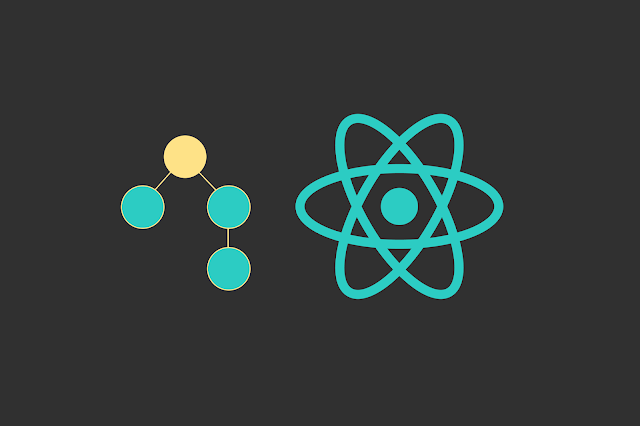Introduction
- Discuss the importance of performance optimization in React.js applications.
- Introduce the purpose of the blog post: to provide strategies and techniques for optimizing performance in React.js apps.
1. Identify Performance Bottlenecks
- Explain how to use browser developer tools to identify performance bottlenecks in React.js apps.
- Discuss common issues such as inefficient rendering, excessive re-renders, and large component trees.
2. Memoization with React.memo()
- Introduce React.memo() as a tool for optimizing functional components.
- Explain how memoization can prevent unnecessary re-renders by caching the result of rendering.
3. PureComponent for Class Components
- Discuss PureComponent as a way to optimize class components.
- Explain how PureComponent performs a shallow comparison of props and state to determine if a component should re-render.
4. Virtualization for Long Lists
- Introduce virtualization techniques to improve performance when rendering long lists in React.js apps.
- Discuss libraries like react-virtualized and react-window for efficiently rendering large datasets.
5. Code Splitting and Lazy Loading
- Discuss the benefits of code splitting for reducing initial bundle size and improving loading times.
- Explain how to implement code splitting using dynamic imports and React.lazy().
6. Memoization with useMemo() and useCallback()
- Introduce useMemo() and useCallback() hooks for memoizing expensive computations and callback functions.
- Provide examples of how to use these hooks to optimize performance in React.js components.
7. Avoid Reconciliation with Keys
- Discuss the importance of using keys to help React.js efficiently update and reconcile the component tree.
- Explain how keys can prevent unnecessary re-renders and improve the performance of list rendering.
8. Performance Monitoring and Profiling
- Introduce tools for monitoring and profiling React.js app performance, such as React DevTools and Chrome DevTools.
- Discuss how to use these tools to identify performance issues and measure the impact of optimizations.
9. Optimize Network Requests
- Discuss strategies for optimizing network requests in React.js apps, such as reducing HTTP requests and using caching.
- Introduce libraries like SWR and React Query for managing data fetching and caching.
10. Testing and Benchmarking
- Discuss the importance of testing and benchmarking performance optimizations in React.js apps.
- Provide tips for setting up performance tests and benchmarks using tools like React Profiler and Lighthouse.
Tags:
React.js

